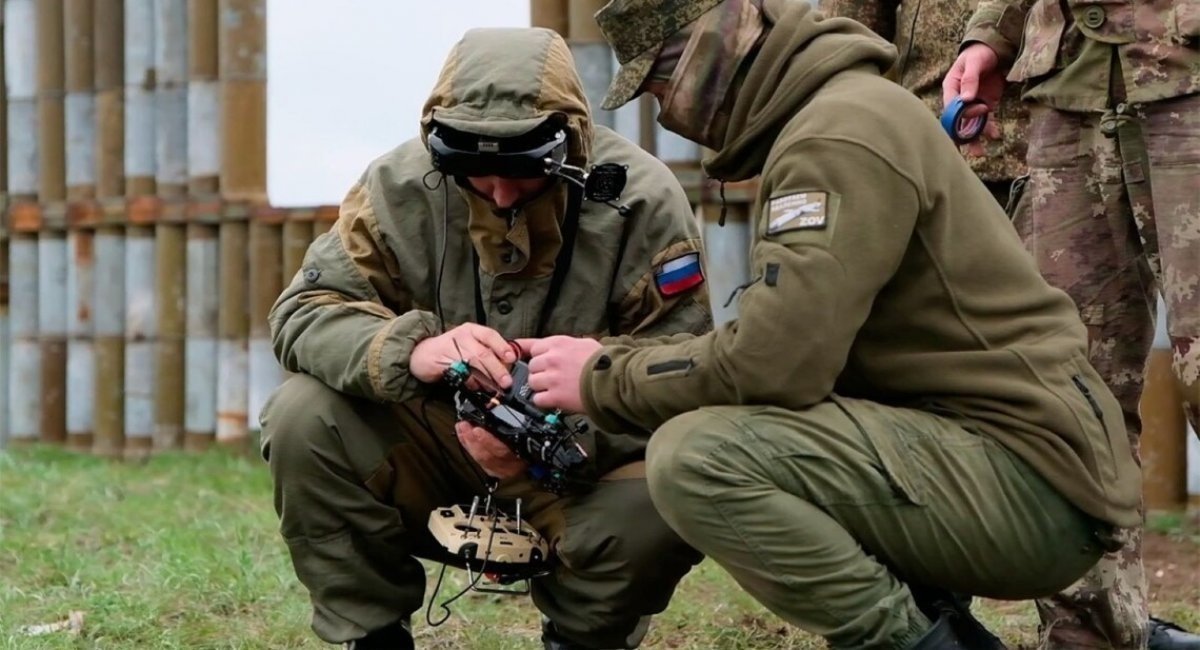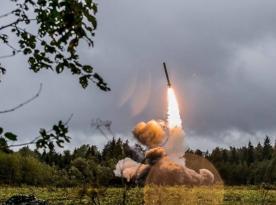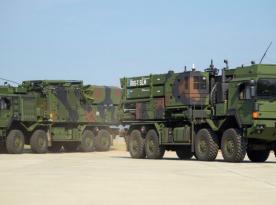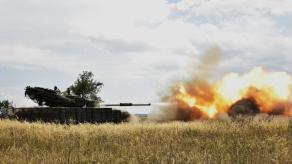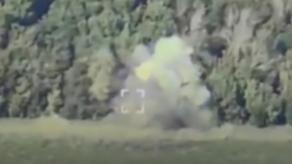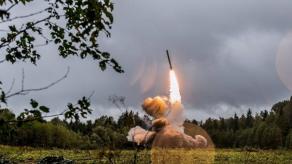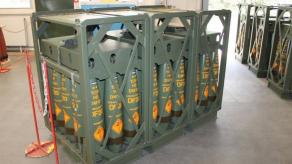russian forces have announced the development of what they call the world's first fully automated drone warfare system, known as Diktion. According to state media reports citing the company AviaTechnoLab, the goal is to create a system that can autonomously operate unmanned aerial vehicles (UAVs) along the front line without operator involvement.
The concept involves a decentralized network of drone nests used for launching and recharging various types of UAVs. According to the developers, a single Diktion network could autonomously monitor and control a battlefield area of approximately 100 square kilometers.
Read more: Izdelie 180 / K-77M / R-77M: What We Know About russia’s New Long-Range Missile
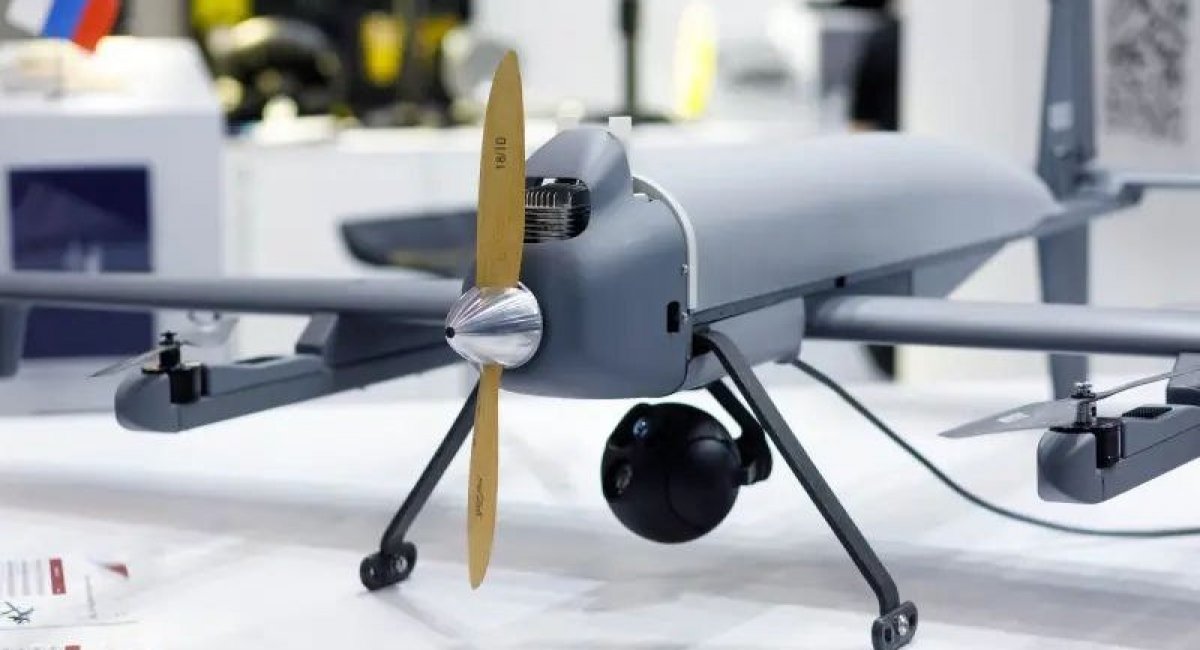
russian sources claim that the system’s software will allow integration of UAVs from different manufacturers. These nests are reportedly designed to support multiple drone types — including FPV drones, reconnaissance UAVs, loitering munitions, anti-air drones, and large multirotor bombers.
In theory, the system would operate as follows: the drone nests are first deployed and camouflaged along the front line. Reconnaissance drones then detect targets and transmit coordinates to a command post, where operators authorize strikes. However, this reveals a critical vulnerability — disabling the command post could paralyze the entire Diktion network in a given sector. While not an easy task, it remains entirely feasible.
Even if the system can technically operate for several months without human presence, as claimed by russian sources, the nests will still require periodic recharging and maintenance. Moreover, the nests themselves can be detected and destroyed, meaning drone operators would still need to return to frontline positions to repair or restore system functionality — undermining the very idea of keeping personnel out of harm’s way.
"We will create a simple and inexpensive system, as reliable as a Kalashnikov rifle, where a drone costs only 40–50,000 rubles (around $500)," AviaTechnoLab stated. "A group of soldiers can quickly deploy the nests and then retreat from the front line. The system will do the rest."
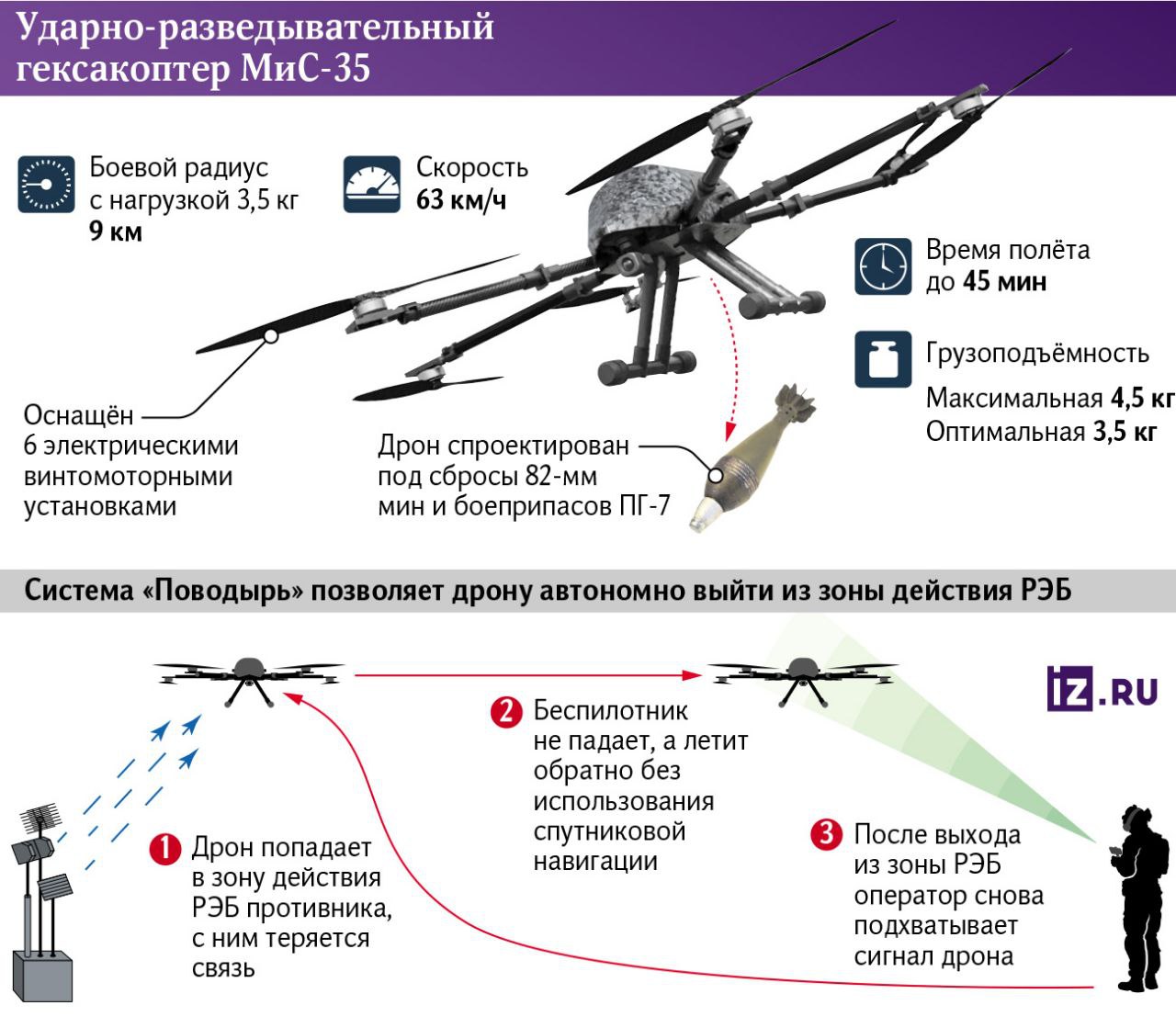
While drones have indeed become a relatively low-cost and widely used strike capability on the battlefield, it’s questionable whether the same can be said for such a "revolutionary" system — even if russian developers claim Diktion is the first of its kind in the world.
Earlier, Defense Express reported that russia was also working on single-use "invisible" drones for one-way missions — another example of ambitious, yet questionable claims from the russian defense industry.
Read more: russia Took a Year to Mass-Produce Ukrainian-Style Anti-Aircraft Drones — Now It's Time to Copy Their Countermeasures




